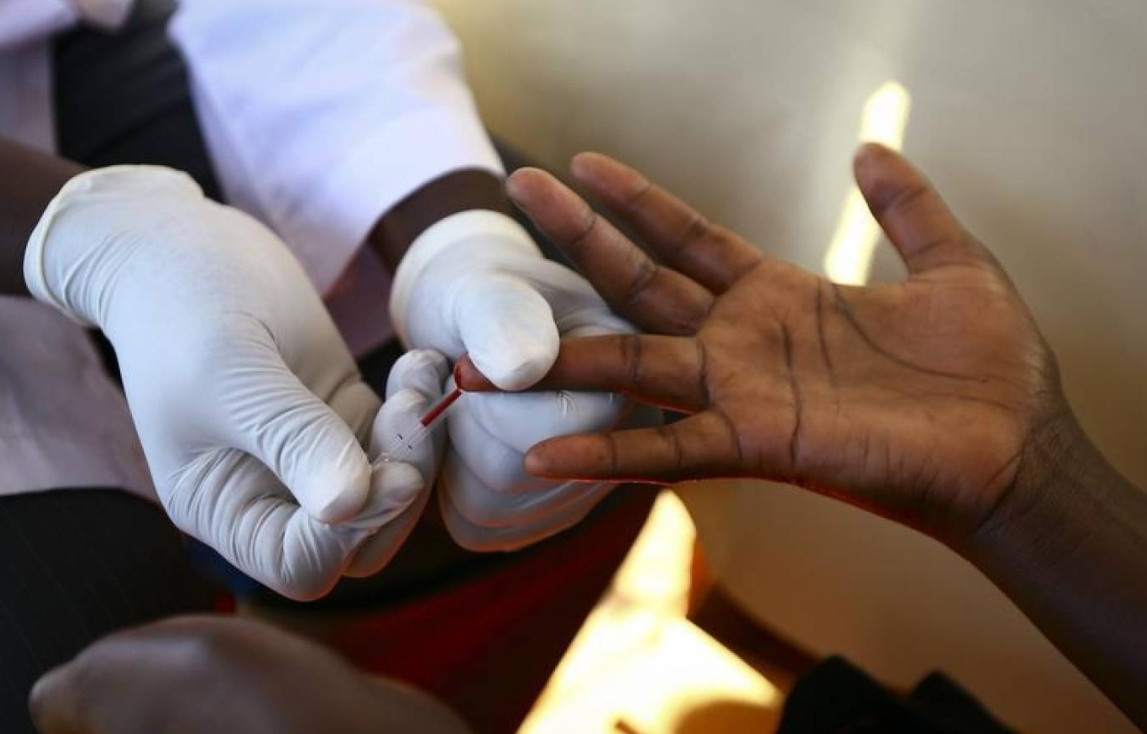The World Health Organization(WHO) says nearly half of all people with HIV/Aids do not know they are infected, which means they are missing out on life-saving treatments.
The WHO said 80% of people diagnosed with HIV receive anti-retroviral therapy (ART).
But an estimated 14 million people are unaware of their status and the continued lack of diagnosis is hampering efforts to control the disease.
According to the WHO statement, adolescent girls and young women in east and southern Africa experience infection rates up to eight times higher than among their male peers.
Fewer than one in every five girls (15–19 years of age) are aware of their HIV status.
The head of the WHO, Margaret Chan, urged governments worldwide to make home self-testing kits easily and cheaply available.
“HIV self-testing should open the door for many more people to know their HIV status and find out how to get treatment and access prevention services,” WHO says.
HIV self-testing allows people in their homes to use oral fluid or blood from a finger prick to determine their status in about 20 minutes.
Uganda’s worries
The sale of HIV test kits to the public by private chemists in Uganda is causing concern among health officials who feel that HIV testing should only be conducted by professionals and accompanied by counselling.
A number of pharmacies in Kampala are stocking HIV test kits imported from China, India and some European countries, which retail for Ush3,000
Uganda’s national policy on HIV counselling and testing (HCT) requires that only medical laboratory technicians perform HIV tests, effectively locking out self-tests.
The policy makes exceptions for trained and registered counsellors who can carry out tests when supervised by medical laboratory technicians but it clearly states that individuals cannot perform HIV tests on their own.
Several countries are considering introducing regulated over-the-counter HIV tests. In July 2012, the US Federal Drug Administration approved a rapid HIV test kit for sale to the public.
However, while the Ugandan government is keen for more people find out their HIV status, only 45 per cent of men and 66 per cent of women have been tested, according to the latest Aids Indicator Survey.
Senior health officials say they have not approved the private sale of self-test kits and would prefer the public continue to use the health provider- or client-initiated HIV counselling and testing model recommended by the country’s national HIV strategy.
“There are several mushrooming health service providers [pharmacies and other unqualified personnel], which are illegal and not genuine at all,” said Health Minister Hon. Opendi Achieng Sarah. “As a ministry, we are improving and strengthening our health laboratories services across the country for reliable and accurate results,” she added.
The National Drug Authority (NDA) denies a possible influx of substandard kits. “All the HIV kits that enter Uganda through the normal channels meet the required international standards, but the danger of these test kits is in their misuse,” said Donna Kusemererwa, executive director at NDA.











